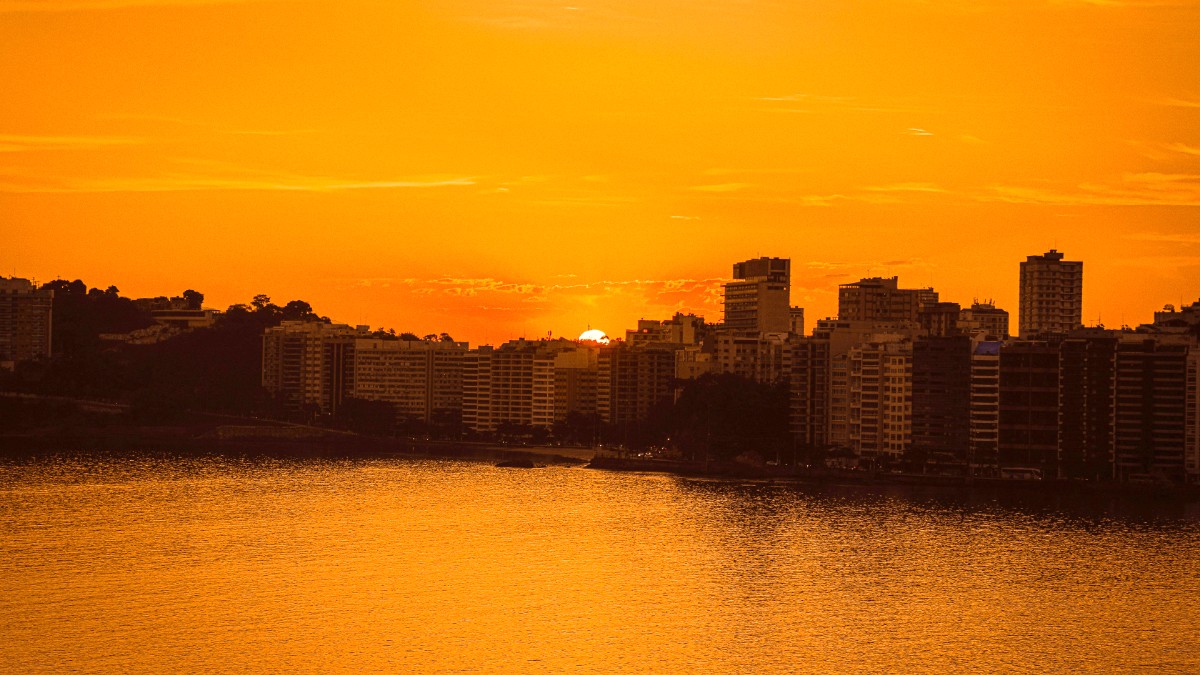
Uruguay
Uruguay is a national system of protected areas (Sistema Nacional de Áreas Protegidas - SNAP), which focuses on conserving the country's biodiversity and ecosystems. While most areas exist outside Montevideo, supporting ecotourism operators or visiting these areas is a good practice.
Within Montevideo, efforts occur to maintain green spaces and the extensive Rambla, which serves as a recreational and ecological corridor along the coast.
Your travel choices influence the local environment and community.
Tap water in Montevideo is generally potable and of good quality. Responsible water usage is always encouraged. Uruguay experiences periods of drought, which influence water levels in reservoirs.
Air travel contributes significantly to carbon emissions. Consider offsetting your flight emissions through reputable carbon offset programs. Many airlines offer this option directly during booking.
When booking your stay, look for hotels or guesthouses that promote sustainable practices. These might include energy efficiency measures, water conservation efforts, waste reduction programs, or sourcing local and organic food.
Research tour operators that focus on eco-tourism and responsible travel, specifically for excursions outside the city to natural areas. These operators often minimize environmental influence and support local conservation efforts.
Montevideo actively works to preserve its historic architecture in Ciudad Vieja through restoration projects. Ongoing efforts also support and promote traditional cultural expressions like Candombe and Murga, which are part of the city's identity.
Restoration projects in Ciudad Vieja.
Support for Candombe (drumming and dance) and Murga (musical theater).
These cultural forms remain integral to Montevideo's unique character.
Mindful interaction and economic choices influence your experience and the local community.
Learning even basic Spanish phrases shows respect and assists communication. Locals appreciate the effort. Embrace the generally relaxed pace of life. Be patient in queues or when service might appear slower than you are accustomed to. A friendly demeanor makes a big difference.
Always ask for permission before taking photos of individuals, especially children, and respect their decision if they decline. Be discreet when photographing in residential areas and avoid intruding on people's private lives. Check for any specific photography restrictions in museums or private establishments.
Choose locally owned restaurants, cafes, and shops over international chains when possible. This circulates money within the local economy and supports local entrepreneurs. Hire local guides and use local tour operators; their knowledge presents a richer experience, and your payment directly supports their livelihoods.
Educate yourself on responsible tourism principles. Avoid participating in any activities that exploit animals (e.g., unethical animal shows) or local populations. Be discerning about where your money goes.
If you feel compelled to offer charitable assistance, consider doing so through established local charities or non-governmental organizations (NGOs) rather than giving directly to individuals on the street.
Avoid attractions that mistreat animals or involve exploitative practices.
Consider giving to established charities instead of directly on the street.